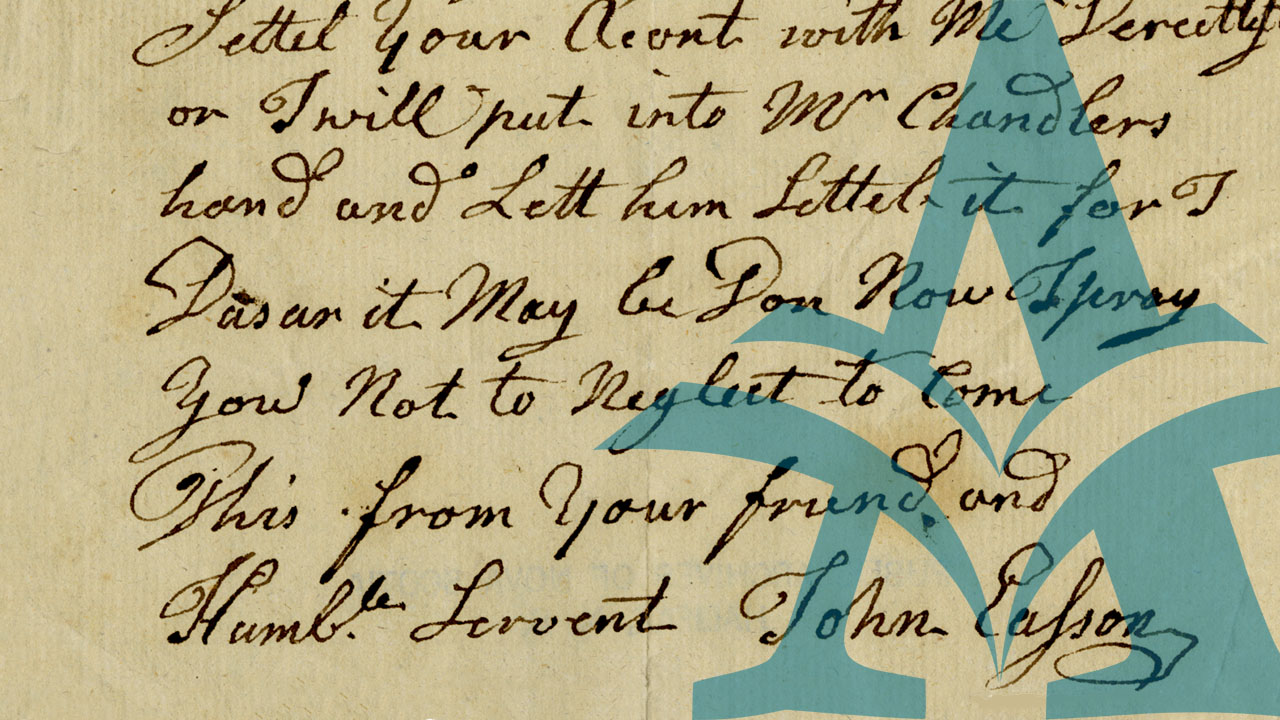
Transcribe is the Nova Scotia Archives’ collaborative online workspace where the public can participate in enhancing access to our collections documenting over 300 years of Nova Scotia history, people, and culture. This is a great opportunity for participants to deeply experience our collections and transcribe hand-written historical materials.
Crowdsourcing empowers communities to participate in their own history. We invite you to be our partner in making our collections more visible and more accessible. Help us tell the story of all Nova Scotians.
This is a test project for us and we are starting small but plan to add more documents as we learn more about the technology and how you are using it. We welcome your feedback – contact us or join the discussion on Facebook.
Q: Do I have to register?
A: No, registration is not required. You may use your name but it is not mandatory. If you enter your name you will be able to search for documents you've been working on. Our system will not track you nor contact you. You can simply skip login but you won't easily be able to find the documents you work on.
Q: I’m stuck! What do I do?
A: Mark the word with either [illegible] or [word?] and invite the “crowd” to help you. Join the discussion on Facebook and help each other. Contact us and we’ll try to help too.
Q: What happens to finished transcriptions?
A: Transcriptions of entire documents, once complete, reviewed and approved, will be downloaded and added to our online collections at //archives.novascotia.ca/virtual/ as full-text for searching and reading.
Nova Scotia Archives — https://archives.novascotia.ca/vital-statistics/
Crown copyright © 2022, Province of Nova Scotia.